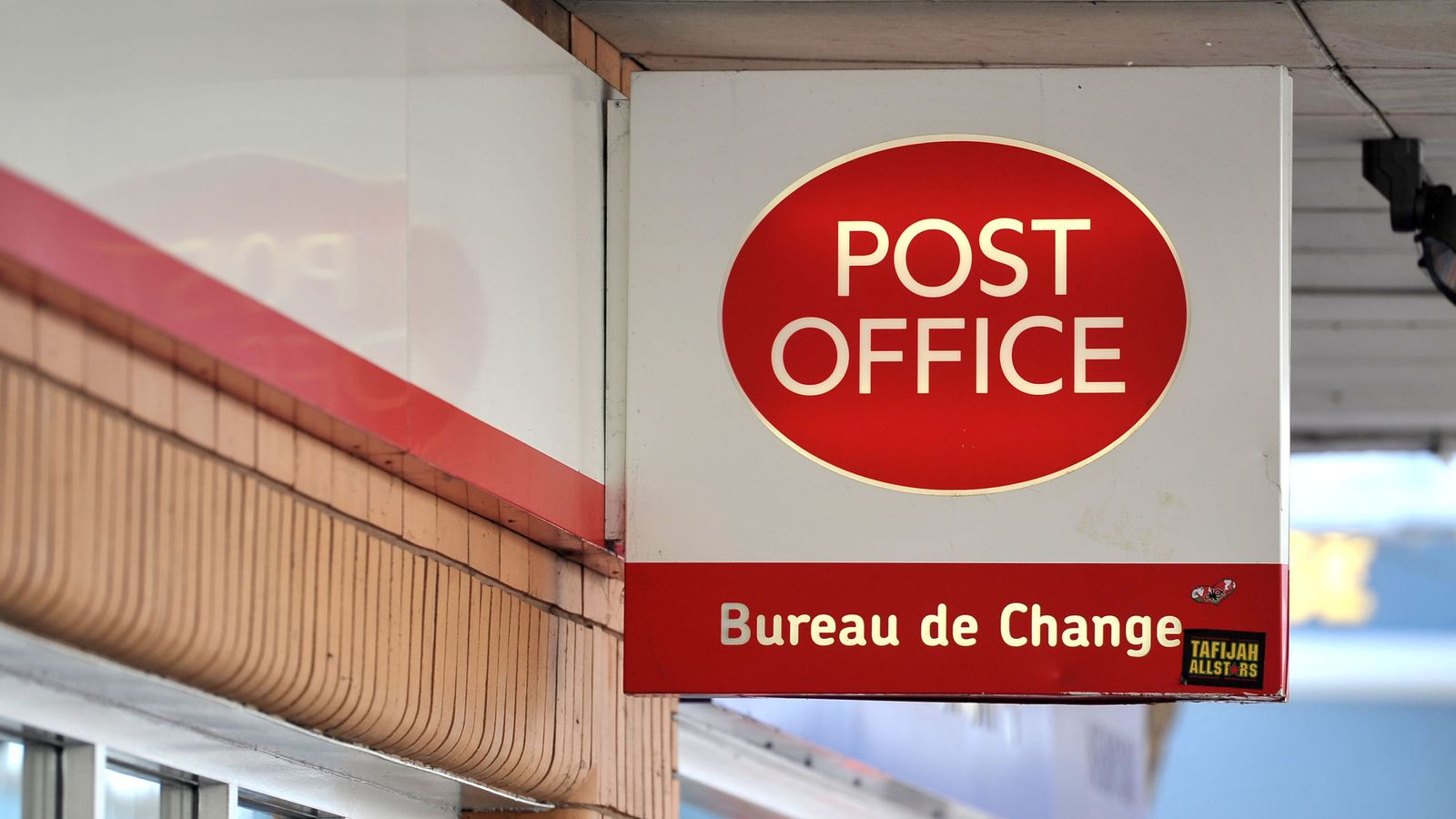The rise of veganism seems to have been unstoppable in recent years, with more and more people making the lifestyle switch due to animal welfare, environmental and health concerns.
The “Veganuary” campaign – which started in 2014 and sees participants commit to being vegan for the entire month of January – has helped raise awareness of a plant-based diet and is credited with prompting many people to make a permanent switch.
Around 707,000 people signed up to the challenge last year, while research by comparison site Finder suggests there were an estimated 2.5 million vegans in the UK in 2024 (4.7% of the population), with the number increasing by roughly 1.1 million since 2023.
Products withdrawn – and search interest in decline
Despite this apparent increase in people adopting a vegan diet, other data poses significant questions for the market.
Figures from consumer intelligence company NIQ show that in the year to June, sales of chilled and frozen meat alternatives dropped by around 21% compared with the same period two years earlier. There was a slight rebound in dairy-free milk sales, which increased by 0.8% on average compared with 2022.
Heinz disappointed some customers this year by revealing it had discontinued its vegan salad cream to meet “changing culinary trends and tastes”. Greggs axed its vegan steak bake in May, Quorn removed its chilled bacon slices from shelves, while other brands such as Heck, Oatly and Nestle have all reduced their vegan product offerings in the past couple of years.
Innocent scrapped its dairy-free milk range in March 2023, joking that only five people had bought the products.
The evidence of a decline doesn’t stop with product withdrawals. Google data shows searches for “veganism”, “vegan diet” and “vegan recipes” appeared to peak in late 2019 and early 2020 before dropping away gradually in the years after.
‘I couldn’t believe how much cheaper the non-vegan food was’
Two former vegans told us about their reasons for going exclusively vegan initially – and their reasons for stopping.
Megan d’Ardenne, 26, from London, said she was vegetarian on and off throughout her teenage and younger adult years, before deciding to try Veganuary in her final year of university.
After enjoying spending the month finding new recipes and testing out a new diet, Megan decided to carry on being vegan and started a food blog (@comedinewithmegs) showcasing her creations during the first lockdown.
But after restrictions were lifted, and restaurants opened up again, finding places with a good selection of vegan options became challenging, Megan said.
“At the time, a lot of places were offering limited menus post-COVID which made it more difficult. I remember being at a wine bar with my friends in central London and they didn’t have any vegan options available so I shared a cheese board with them,” she said.
“It was delicious and reminded me of my love for cheese. After that, I went back to a vegetarian diet which I followed for around six months before I started to reintroduce meat again.”
Megan noticed she was able to save some money after she stopped being vegan.
“I couldn’t believe how much cheaper the non-vegan food was, especially dairy. My milk, yoghurts and cheese were under half what I was spending before,” she said.
Though she’s returned to a diet that includes meat, Megan says she still chooses to eat vegetarian some of the time and points out that one of her favourite dishes is a Caesar salad using tofu – which she’ll stock up on when it’s on offer.
‘I didn’t want to spend my holiday hunting for vegan alternatives’
Sophie Jones, 30, from Bristol, went vegan in 2017 due to “health and ethical reasons” having already been on a vegetarian diet for three years.
But she decided to stop being exclusively vegan on a trip to Paris in 2022. She said she didn’t want to spend her holiday hunting for vegan pastries and cheese “in a city that’s already expensive”.
Sophie said she’d also found meat substitutes were more expensive than the real thing for less product.
There was a lack of originality in the vegan options being offered by restaurants, she added: “Unless you’re going somewhere where the entire menu was vegan, it was usually a burger or pasta dish.”
Convenience was Sophie’s main reason for introducing more fish and meat back into her diet.
Meat-free alternatives are more expensive – but it’s not that simple
We looked at the price of meat/animal products versus their animal-free alternatives at the UK’s biggest three supermarkets to see how much more shoppers could be paying at the tills for similar items.
We compared supermarket own-brand items with their own-brand meat-free alternatives. Offers and loyalty scheme discounts were excluded.
A quick look at three different products – sausages, burgers and milk – revealed that the equivalent vegan/vegetarian alternatives were around a third more expensive on average, when quantity was taken into account.
The above could explain why some brands have withdrawn meat-alternative options – the price point is putting people off, Megan being one.
Read more:
What I learnt from putting my spare room on Airbnb
Has the Nike trainer bubble burst?
Is this the end of the pub?
But author and nutritionist Rhiannon Lambert says a vegan diet can be made affordable.
“Meat alternatives can be expensive,” she said. “[But] canned vegetables, such as legumes and pulses, are an excellent example of cost-effective vegan choices. They are both full of fibre and a great source of protein.”
She added: “When it comes to dairy milk alternatives, unsweetened soya milk is a cheaper choice and also has similar protein and fat content to semi-skimmed cow’s milk.”
Ultra-processed concerns
While cost and convenience are clearly putting some people off, the data is contradictory: products are being withdrawn and search interest has fallen, but the number of vegans appears to still be rising.
Rhiannon’s comments for this article hint at another reason meat-alternatives are being withdrawn.
“Meat alternatives can be processed and so are not always the best choice of protein for those following vegan diets,” she said.
As awareness of UPFs has risen, perhaps it is that vegans are just being more concerned about the products they buy.
Money blog commenters agreed this was a significant reason for them turning away from some established brands.
“Vegans don’t want to eat the ultra processed ‘lookalikes’ that the mass producers think we want to eat. Supermarkets try to lead the trend with alternative copies, when actually eating a vegan diet is about embracing real food,” said reader James.
Bea said: “People are not giving up on veganism. Just the fake meat is not great, and unhealthy. Why do you want to eat a packed with chemicals burger if there are so many good recipes with plants only.”
Vegan and non-vegan diets both have benefits
Rhiannon said research shows a vegan diet can bring “numerous health benefits” including a decreased risk of heart disease, hypertension, type 2 diabetes and certain types of cancer.
“Vegan diets also have a lower environmental footprint compared with diets which are rich in animal products as they require fewer natural resources and produce fewer greenhouse gas emissions, contributing to sustainability and conservation,” she said.
“This being said, it’s easy for a vegan diet to lack essential nutrients resulting in vitamin deficiencies, and therefore it requires meticulous planning and it is often best to seek advice from a registered nutritionist or dietician on how best to follow this diet,” Rhiannon added.
“Animal products such as meat, dairy and eggs are rich sources of essential nutrients like high-quality protein, vitamin B12, heme-iron, and calcium which are vital for overall health.”
Those wanting to make more environmentally conscious choices can eat less red meat, plan meals ahead to avoid waste and shop locally and seasonally, she added.









